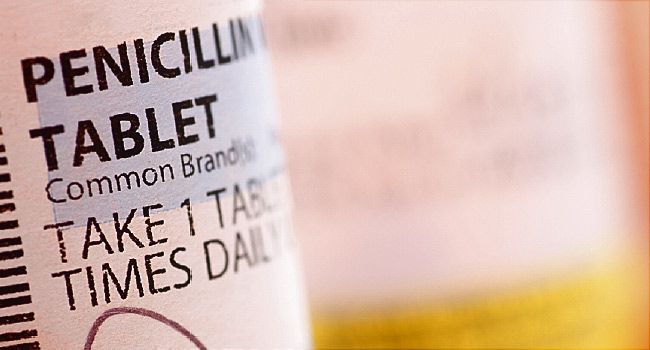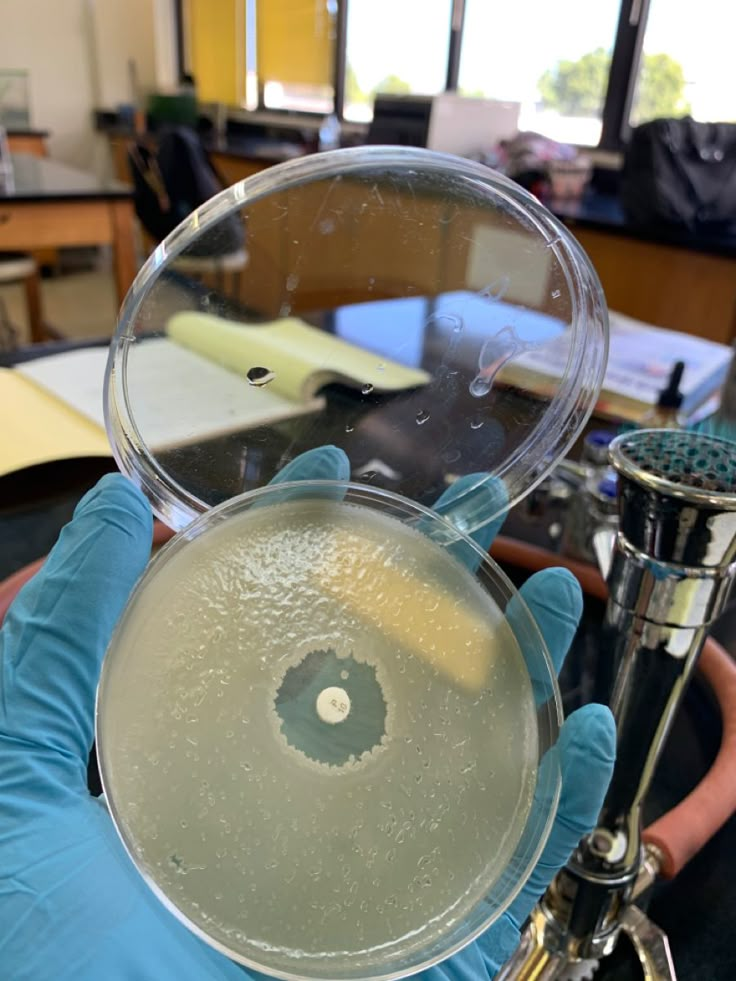Story about Penicillin: breaking the mould
페이지 정보

본문
Recently, I have heard an interesting story, and I want to share it with you.
Imagine this: It’s the 1940s, and a young Korean soldier lies in a makeshift clinic during the chaos of war—burning with fever, his leg swollen from a deep infection. The doctors try everything. Herbal poultices. Salt. Even acupuncture. But nothing works.
Then, a small bottle arrives from the U.S. military. Inside: a cloudy yellowish liquid.
Penicillin.
It’s injected.
A day later—his fever drops.
Two days later—he’s sitting up.
By the end of the week—he walks out of the clinic, alive.
That was the beginning of penicillin’s impact in Korea—not just as a medicine, but as a symbol of hope and modern science.
Discovered accidentally in 1928 by Alexander Fleming in the UK, penicillin wouldn’t reach Korea until the 1940s—during Japanese occupation and later, the Korean War. Until then, even small infections could be fatal.
In post-war Korea, penicillin wasn’t just a drug. It was gold.
It was hard to get, expensive, and often smuggled. Some doctors diluted it to stretch supplies. Black markets sold fake penicillin—colored water in reused bottles. But real or not, people believed in it. That’s how powerful its reputation was.
By the 1950s and ’60s, as Korea rebuilt, penicillin became more available through aid and public health programs. It saved thousands from diseases like pneumonia, syphilis, and wound infections.
Today, it’s easy to take antibiotics like penicillin for granted. But in Korea, its arrival marked a turning point. It didn’t just heal bodies—it changed minds.
It was the moment traditional medicine met Western science.
The moment Korea began to modernize its healthcare system.
The moment mould—yes, literal mould—helped shape a nation’s future.
Penicillin may have come from a fungus on a forgotten petri dish, but in Korea, it broke more than just bacterial walls.
It broke barriers—between past and present, East and West, old beliefs and new knowledge.
And that’s how penicillin… broke the mould.
- PrevThe Hidden Danger at Home 25.07.31
- NextSouth Korea’s Flood Crisis Sparks Grave Risks to Physical and Mental Health 25.07.29
댓글목록
There are no registered comments.


